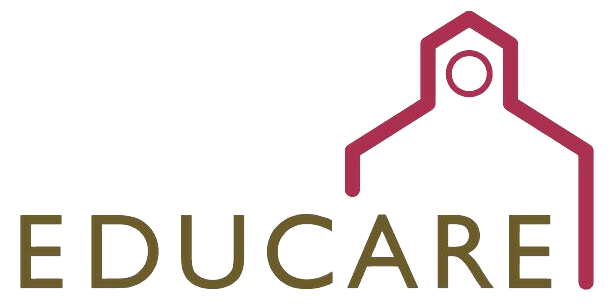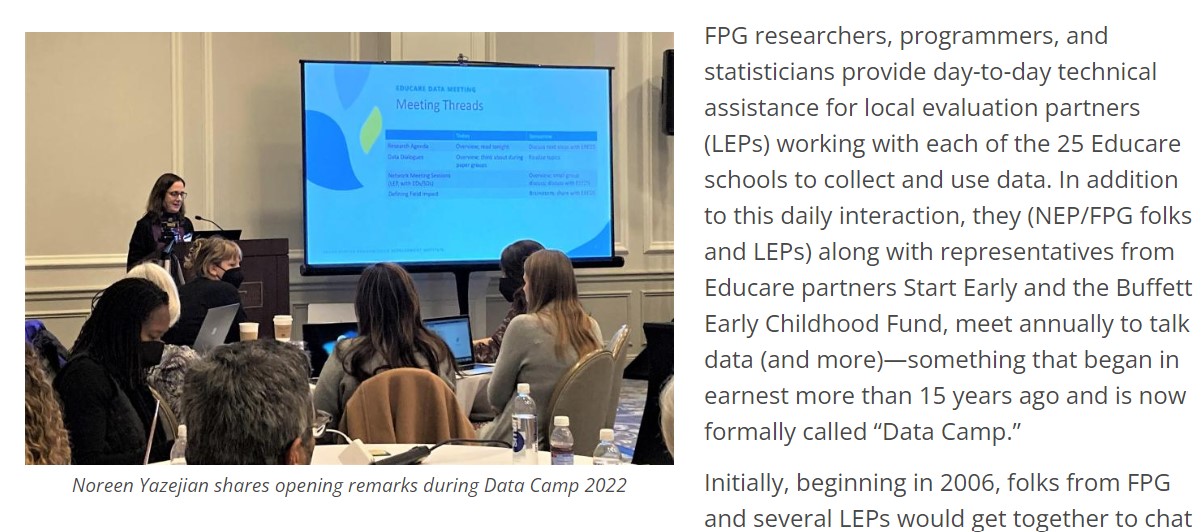Get more information about the Educare Model and the locations of the Educare Schools.
 Educare Schools provide full-day, full-year, high-quality early education and family support to 150-200 of their community's children, from prenatal to 5 years, who are at risk of school failure. Educare schools include the following essential features:
Educare Schools provide full-day, full-year, high-quality early education and family support to 150-200 of their community's children, from prenatal to 5 years, who are at risk of school failure. Educare schools include the following essential features:
PARTNERSHIP
Educare Schools develop strong community public-private partnerships that draw upon all available resources (school districts, state and federal child care funding, Head Start, Early Head Start, private funders, and others) to provide high quality, comprehensive services for young children and their families.
PLACE
Educare Schools create a recognizable place dedicated to educating children from birth to age 5 that demonstrates a strong community commitment to the importance of investing in early childhood. Fifty percent of the school space is used to provide services for infants and toddlers to emphasize the importance of starting education early in a child’s life.
PROGRAM
Educare School programming includes 12 core components: using research-based strategies; providing services that begin before birth and continue through age 5; emphasizing language and literacy; enhancing math skills; promoting positive social development; requiring high staff qualifications; maintaining high staff-child ratios; implementing reflective supervision; providing continuity of care; using an interdisciplinary approach; offering on-site family support; and incorporating visual and performing arts into the program.
PLATFORM
Educare Schools serve as a platform to inform and promote the importance of investing in early education, to leverage public and private investment in early childhood, to raise standards of education quality, and to encourage and engage in policy and systems change over time.


